The future of the European Political Community after the Moldova Summit
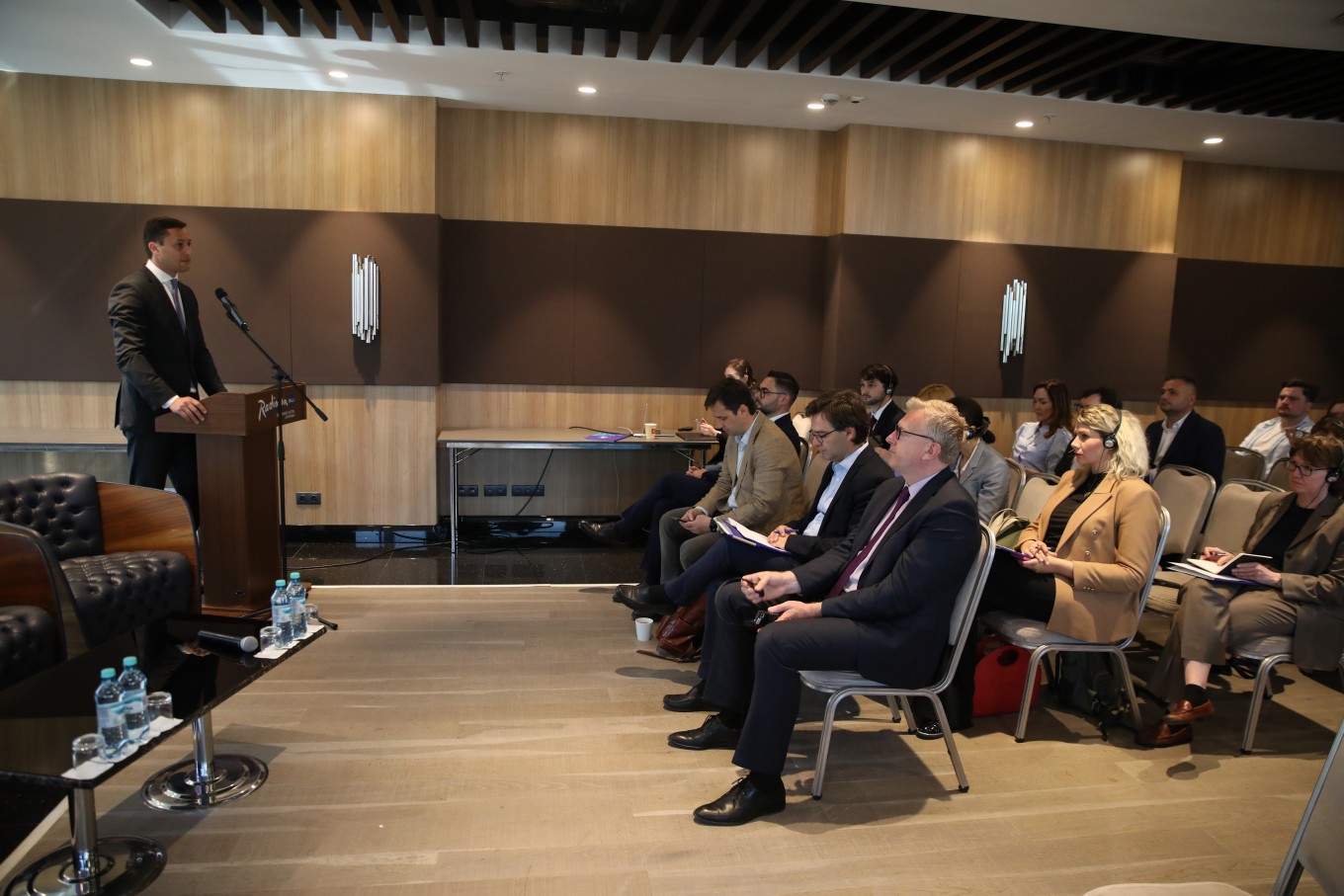
The Institute for European Policies and Reforms (IPRE), in cooperation with the Centre for European Political Studies (CEPS), Open Society Foundations (OSF) and the National Platform of the Eastern Partnership Civil Society Forum, in partnership with the Ministry of Foreign Affairs and European Integration (MFAEI), organized yesterday, May 25, 2023, in Chisinau, a conference dedicated to the role of the second Summit of the European Political Community (EPC), to be held on the 1st of June in the village of Bulboaca.
The event was opened with a welcome speech by Adrian Lupușor, Executive Director of Expert Grup and Facilitator of the National Platform of the Eastern Partnership Civil Society Forum. His opening remarks were followed by the speech of the Deputy Prime Minister, Minister of Foreign Affairs and European Integration, Nicu Popescu.
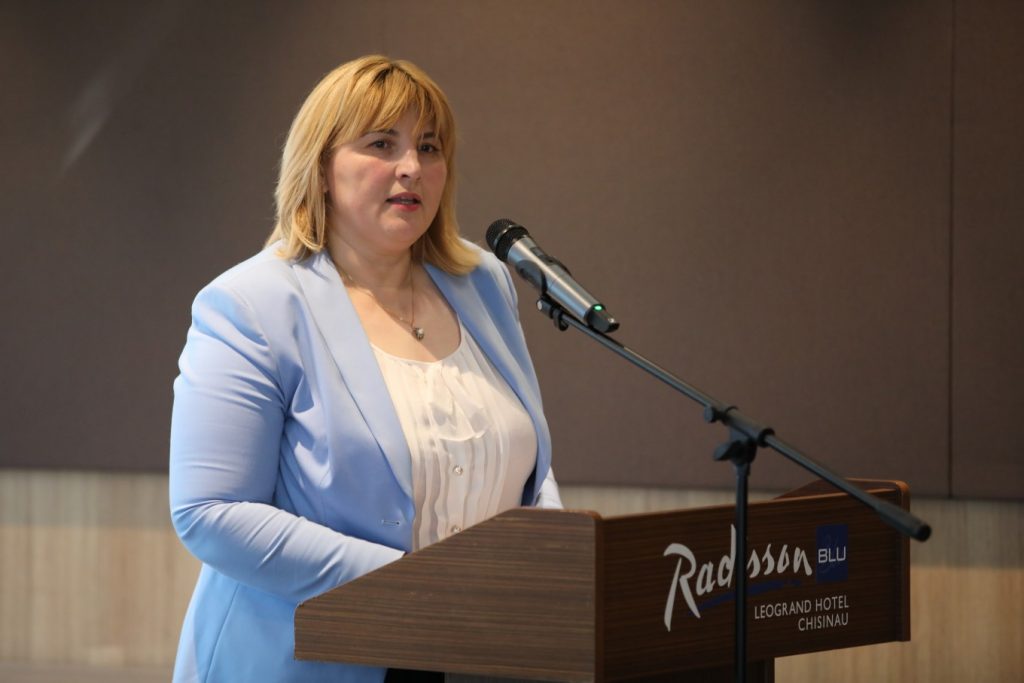
During the panel discussion, which was moderated by Liliana Palihovici, President of the Institutum Virtutes Civils, Co-President of the EU Civil Society Platform – Republic of Moldova, several experts from the countries of the European Union, the Republic of Moldova and Ukraine analyzed the main objectives and topics on EPC agenda.
Next, we propose some of the main interventions of the speakers.
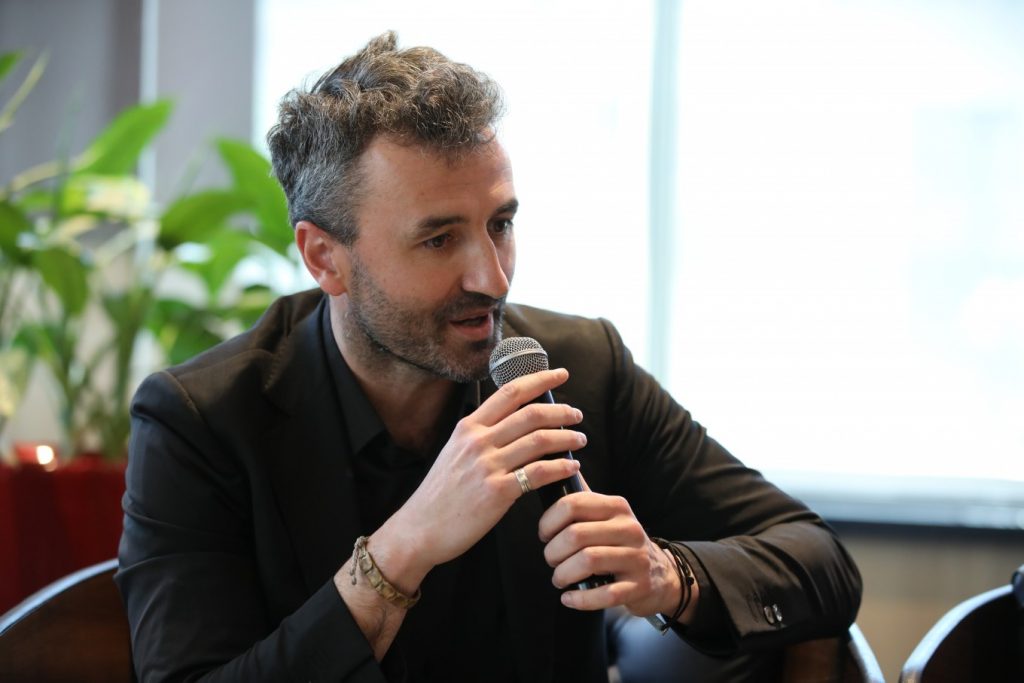
Borja Lasheras, Special Adviser for Ukraine within the European External Action Service (EEAS): “Such projects as the CPE must generate something for everyone involved. For EU candidate countries, such as Moldova and Ukraine, we must explain that this format does not replace the EU enlargement process. What can we offer in the context of the second Summit? It is about practical projects. So more deliverables like connectivity or energy interconnection initiatives are expected from this Summit. But the most important is the development of a strategic vision and the development of communication platforms, which would allow the identification of a strategic goal. We can call this a kind of organic integration, another brick in this connection that we call a wider Europe”.
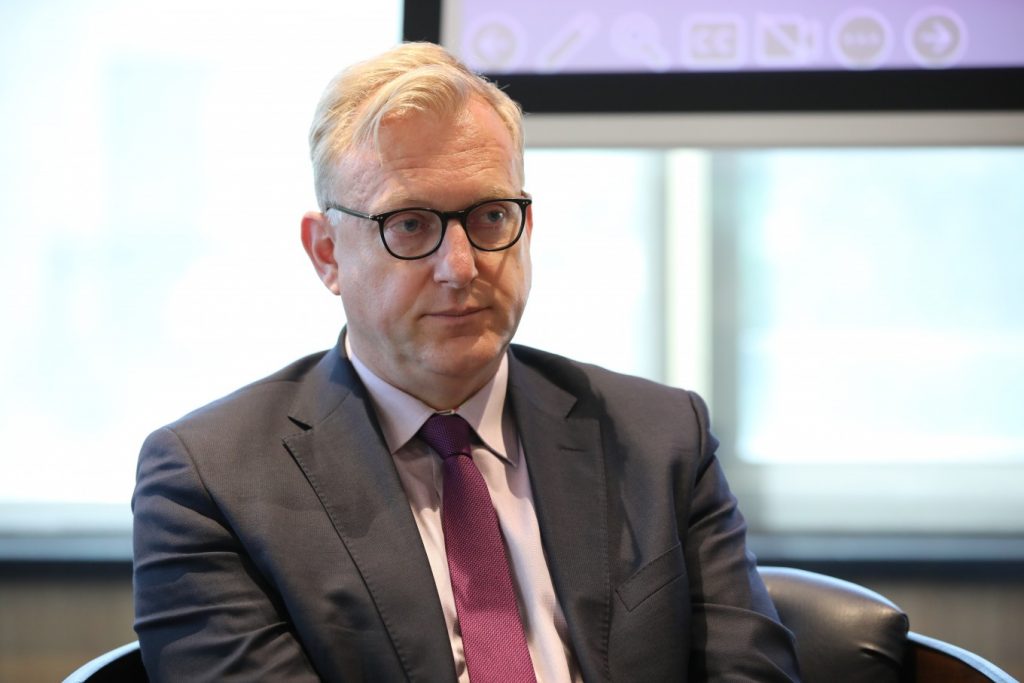
Steven Blockmans, Director of Research, Center for European Policy and Studies (CEPS): “This political construction, CPE, will facilitate the communication of intentions that could later materialize in concrete steps. Transparency is a key element and I would say that this is somehow lacking in the context of CPE. To this date, there are no written documents or post-Summit press conferences. We see here somehow a dissonance with the communicated commitments. Civil society organizations have a very important role in supporting these monitoring efforts and increasing the degree of transparency regarding the decisions taken and the commitments assumed at the level of the CPE”.
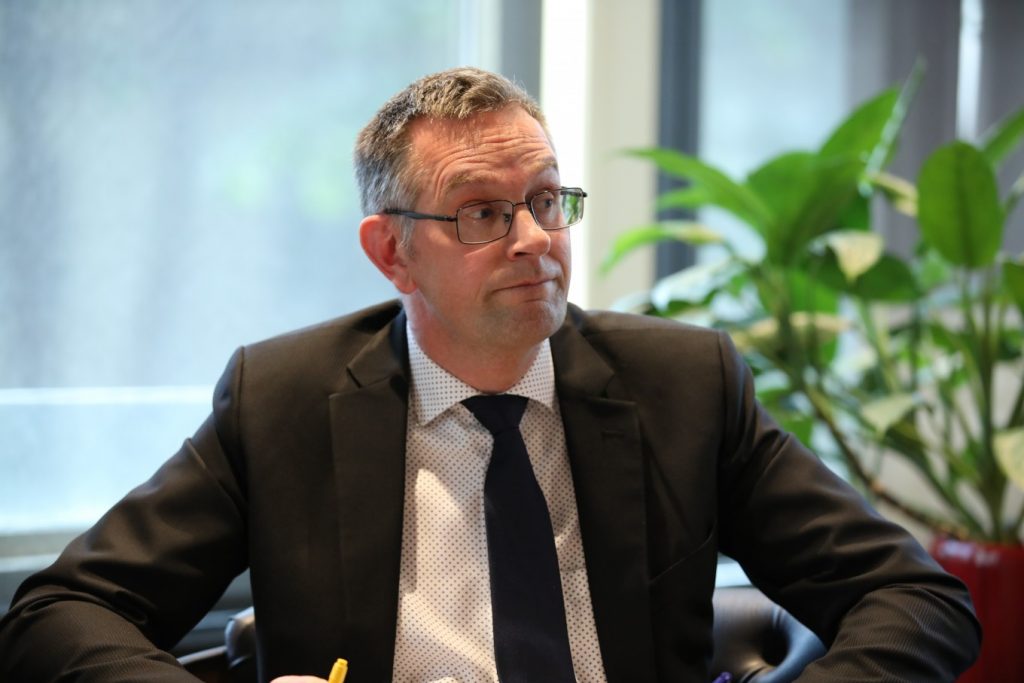
Jakob Hedenskog, Analyst at the Center for Eastern European Studies in Stockholm (SCEEUS): “We have to build a new format, a new platform, in which Russia is not part. There is no possibility of influencing Russian policy in the short term. On the other hand, we must ensure peace and security throughout Europe. Thus, especially in the context of the war in Ukraine, CPE cannot replace NATO or other structures. CPE should not be seen as a substitute for extension, but should be seen as an inclusive format for dialogue. Ukraine will have to get some security guarantees for the future and these could only be provided by NATO. The CPE today represents a geopolitical platform and the second Summit in Chisinau could help to strengthen the dialogue between the participating countries”.
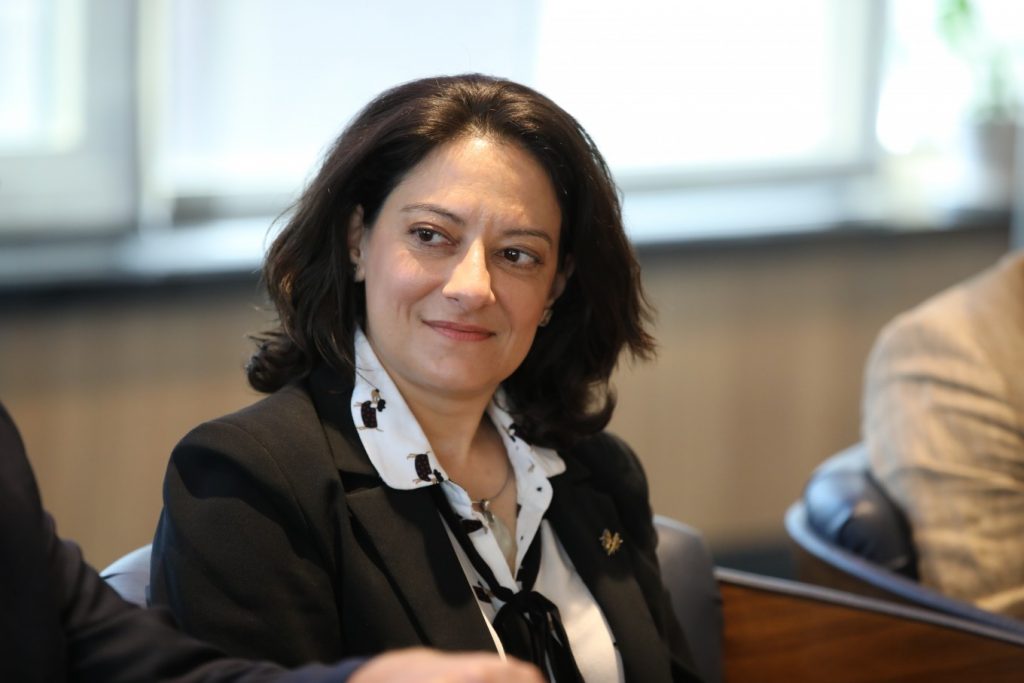
Oana Popescu Zamfir, Executive Director, Global Focus (Bucharest): “In this period of time, I am less concerned about the lack of structure of the European Political Community Summit and I tend to think that in this case, less structure is a thing much better for the organization of the Summit, because we often see many problems at the level of the European Union that arise due to overly formalized structures and rules. Especially in this format, at the level of heads of state and government, the European Political Community is a politicized structure and I believe that the very presence of these heads of state in Chisinau demonstrates the value of the CPE as a platform for informal discussions, and the outcome of these informal discussions could probably be channeled and passed on to already existing organizations. Having monitored the evolution of the Republic of Moldova since independence and visited many European capitals as an analyst from Romania, in recent years I have seen an unprecedented level of support for the Republic of Moldova from European capitals, and the desire to support Chisinau. To a large extent, this is the result of the pro-European commitment of the government of the Republic of Moldova.”
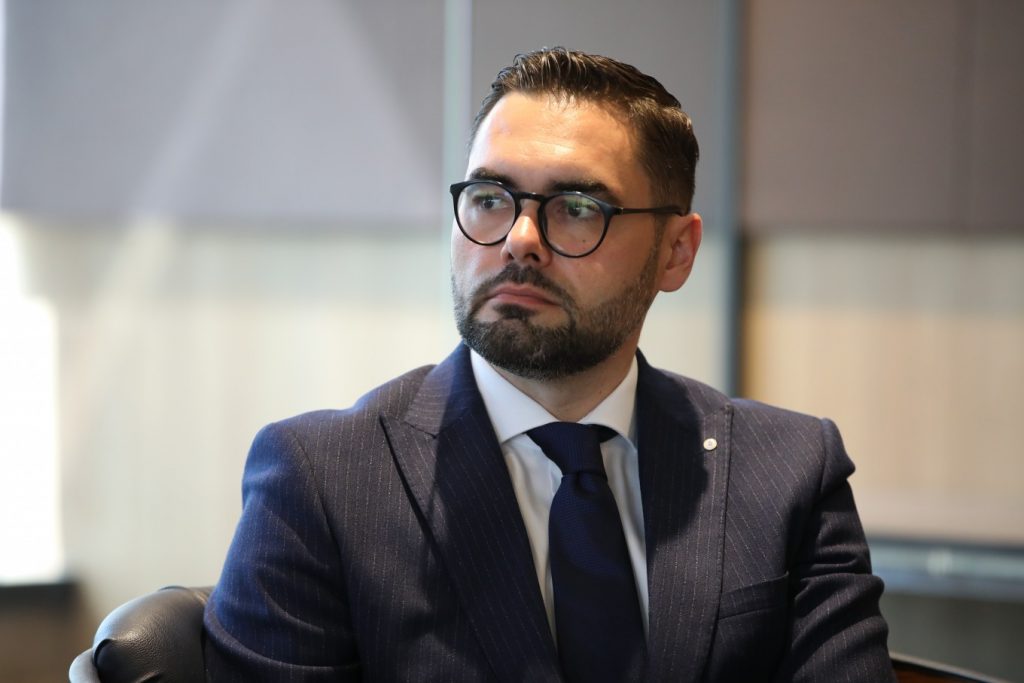
Iulian Groza, Executive Director, IPRE: “The Summit of the European Political Community offers an opportunity to promote and support the states in the new geopolitical context in the region. The fact that the Republic of Moldova was selected to host this summit, in the situation of the Russian Federation’s war against Ukraine, is already a strong signal of solidarity for Ukraine and the Republic of Moldova. The European integration path of the Republic of Moldova depends primarily on what we do here, internally, the reforms undertaken, the way we send this information, the way we advance along this path. The main focus must be on building strong and resilient institutions, as well as addressing the vulnerabilities we have been exposed to more recently due to overlapping crises, including in the context of hybrid warfare threats against our country. After the latest developments, we have a vector and a direction that we are following, unlike the situation a few years ago, but efforts must be continued. We need to address the key issues and challenges we face domestically, in the area of justice, the fight against corruption and de-oligarchisation. The integration of the Republic of Moldova into the European Union depends very much on the outcome with which the war in Ukraine will end, but also how the Republic of Moldova will advance on its European path, doing what is in its power to support Ukraine and be part of of this coalition of support for Ukraine, which is important both for the region and for the country.”
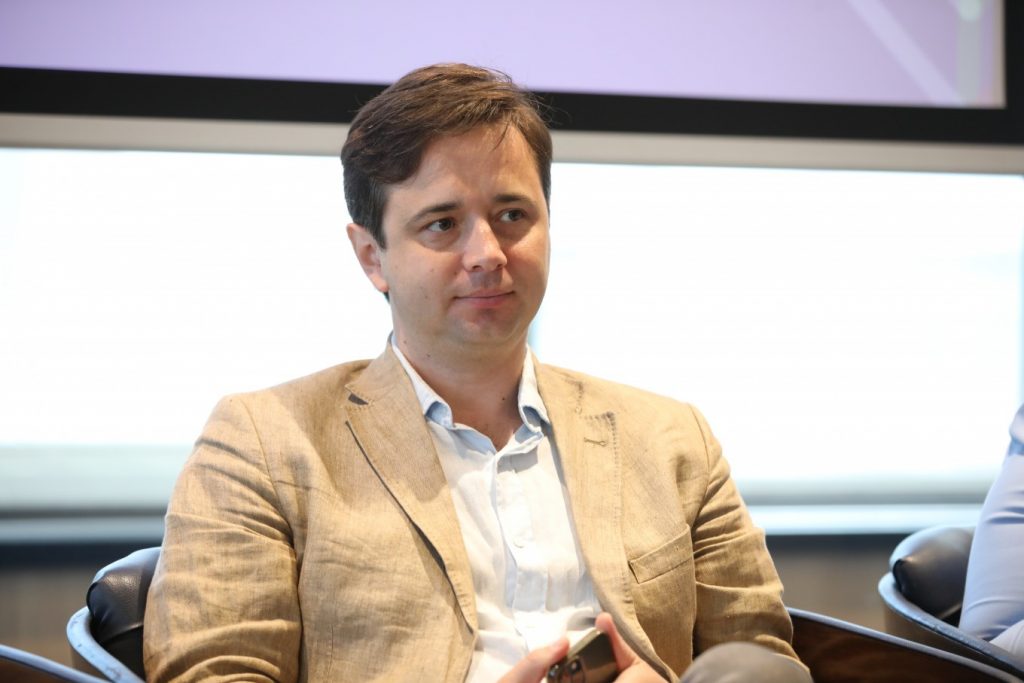
Leo Litra, Senior Analyst, New Europe Center (Kiev): “Currently we still do not know definitively the structure of the European Political Community. We have seen only a few actions from the first Summit, which took place in Prague, and now the second Summit, which will take place in the Republic of Moldova, and the so-called “borders” of this Summit are still unknown. Speaking about Ukraine’s expectations and how important this Summit is for Ukraine, we can say that it is a “miracle” that the second Summit will take place in the Republic of Moldova, in the context where the war is so close to this country. In essence, the Republic of Moldova is also facing the war, without the military side, but with other attempts on the part of the Russian Federation to destabilize and influence the pro-European path that the Moldova has chosen. When looking at the expectations of Ukraine, we can make a comparison with the priorities of this country in the immediate context, in the idea that the CPE Summit could include these topics on the agenda. First of all, it is about weapons and security guarantees that could be offered by NATO. Next we are talking about the sanctions for Russia and financial support that must be provided to Ukraine, as well as about the membership of the European Union, which can be seen as a long-term goal”.
The video recording of the public event is available in Romanian here and English here.
This event was organized with the support and participation of the Open Society Foundations – Europe and Central Asia Program.

